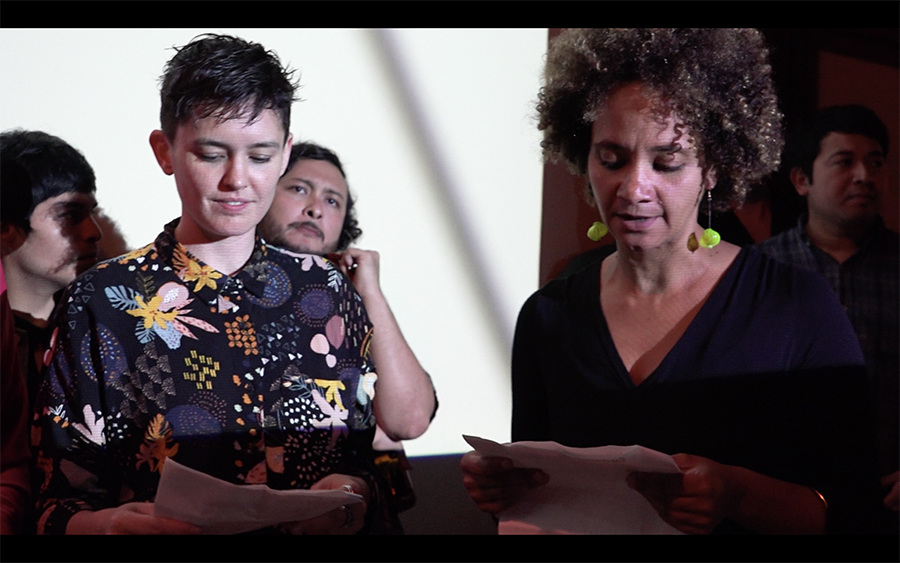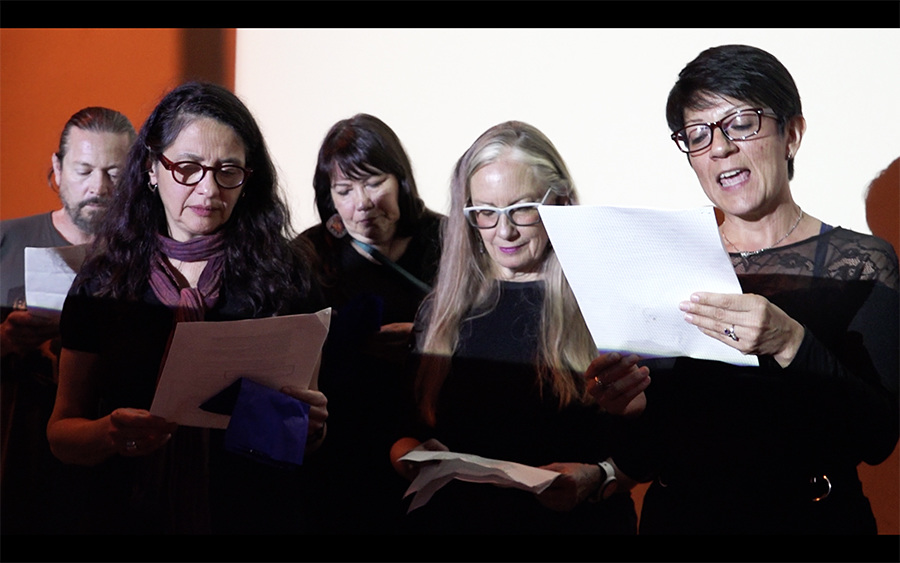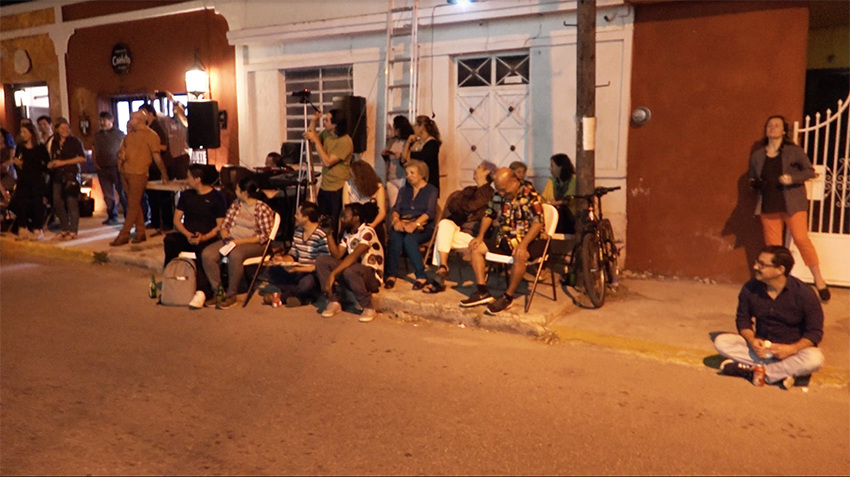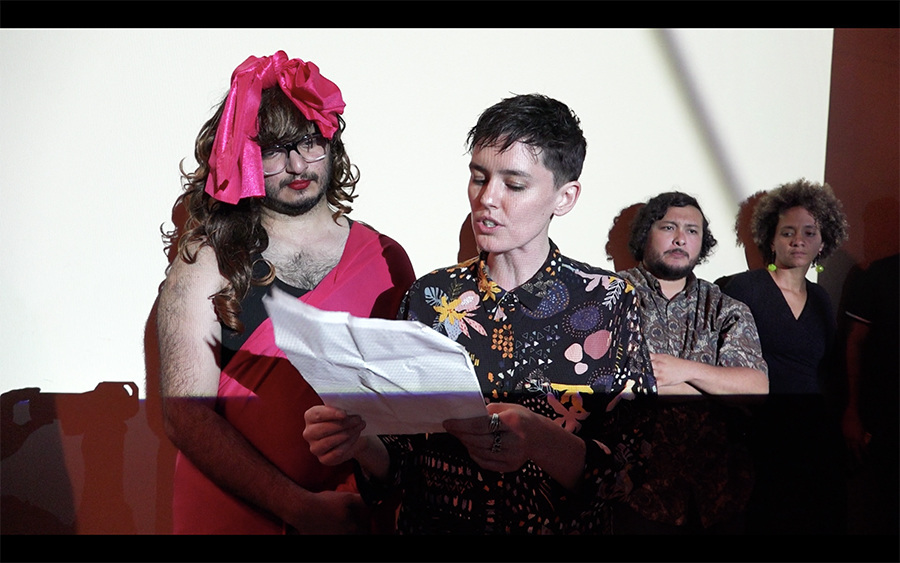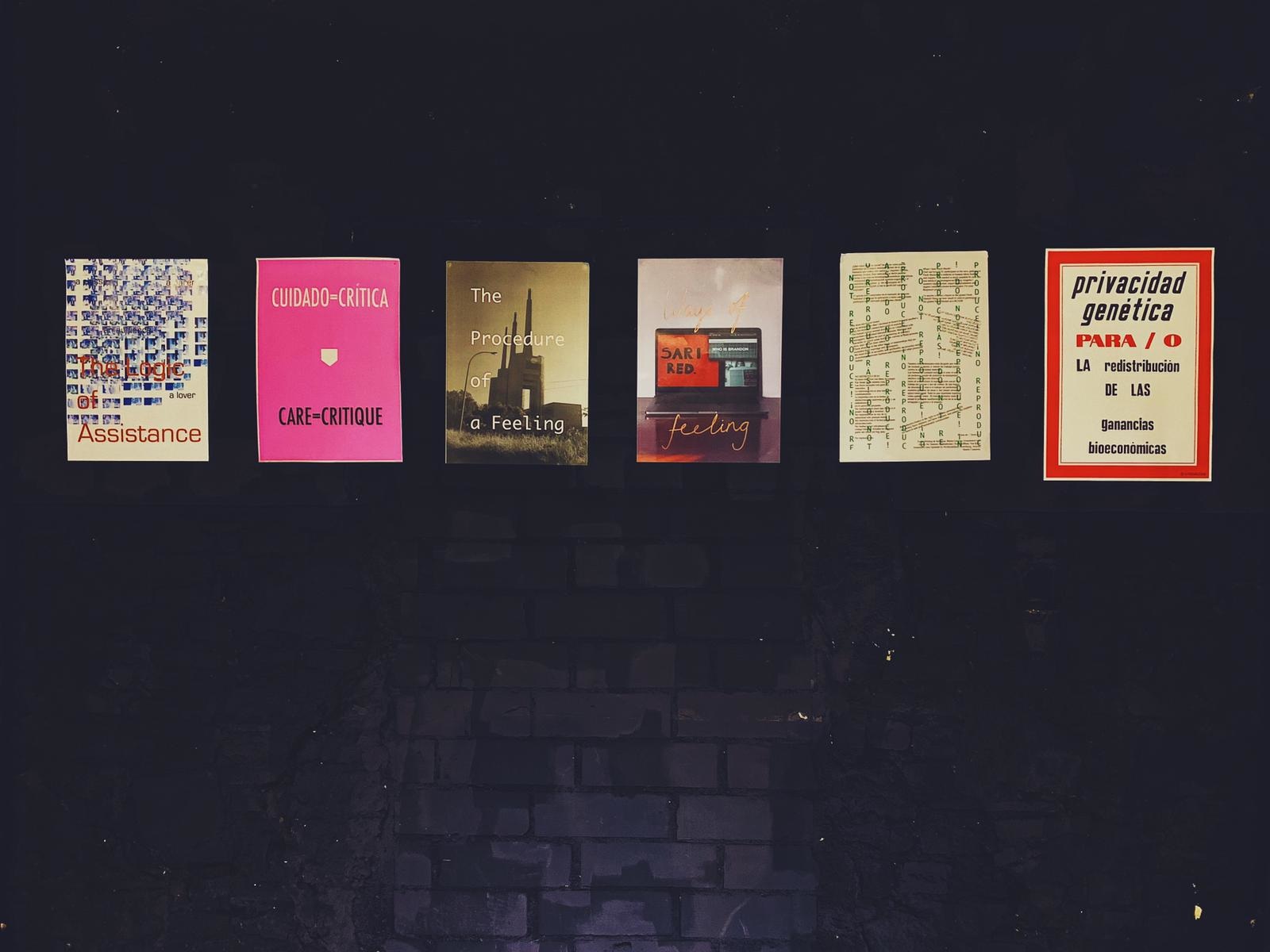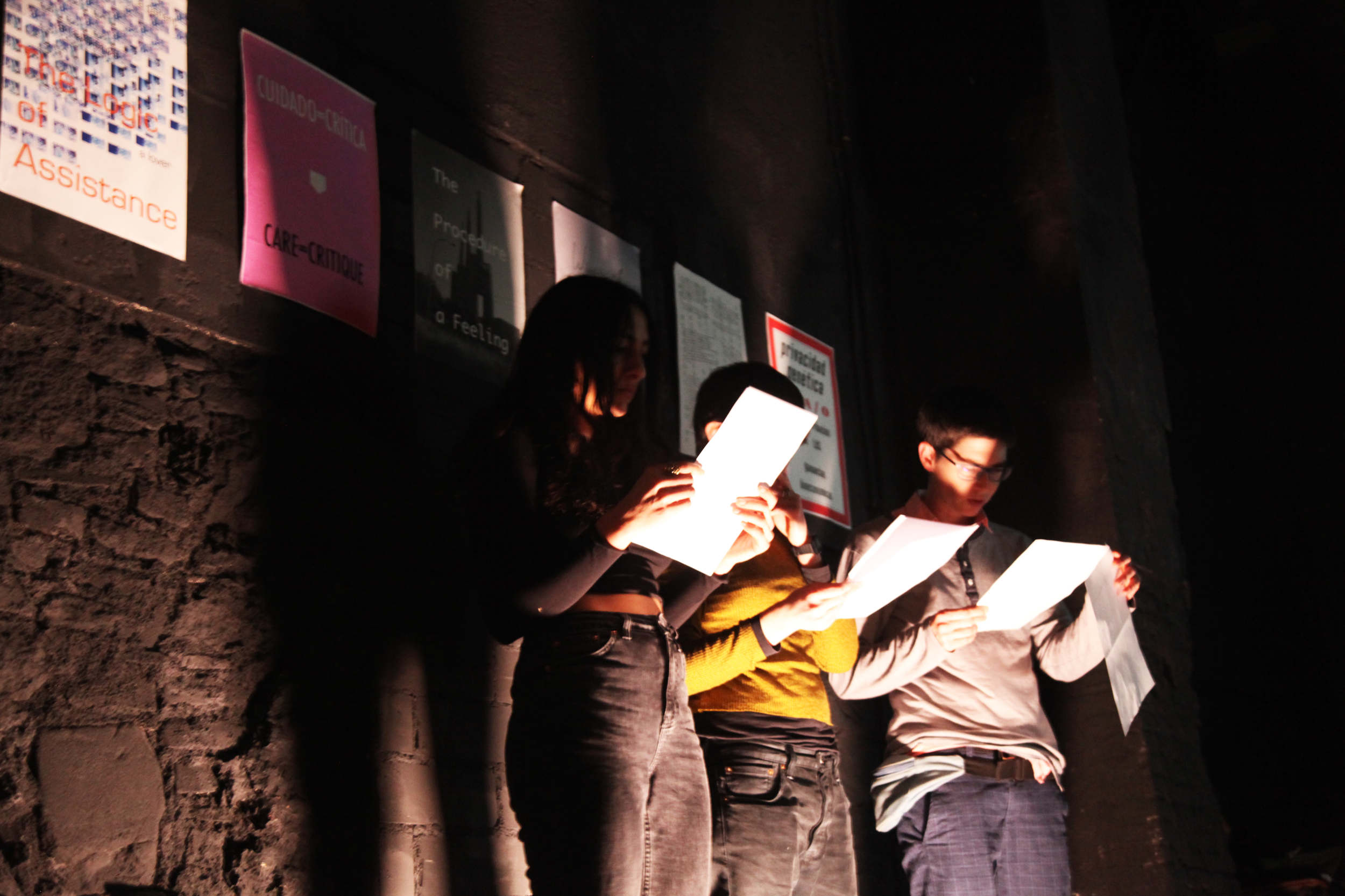Patrimony of Gestures /
Patrimonio de gestos
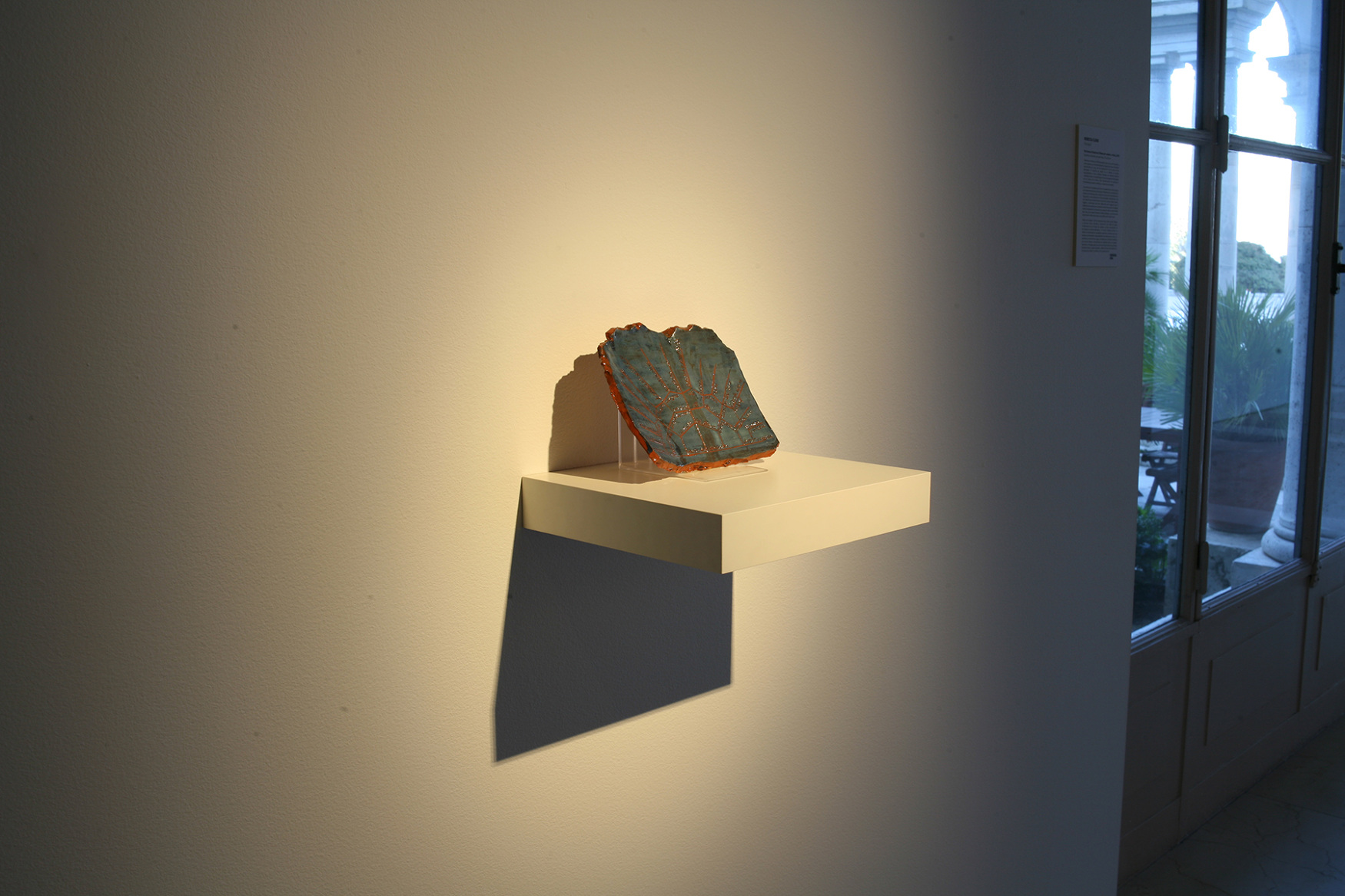
'Patrimony of gestures' is a term deriving from the field of archeobotany. It means the archeological study of past 'reproductive' practices via the reading of plant evidence found at archaeological sites, preserved over centuries through waterlogging, carbonisation or imprinting in ceramics. From these 'inscriptions', archeobotanists reconstruct the gestures of past peoples as they worked with and lived on the land.
But what patrimony of gestures will current reproductive practices leave imprinted? And what occurs when the memory of reproductive practices is not protected, or actively erased?
But what patrimony of gestures will current reproductive practices leave imprinted? And what occurs when the memory of reproductive practices is not protected, or actively erased?
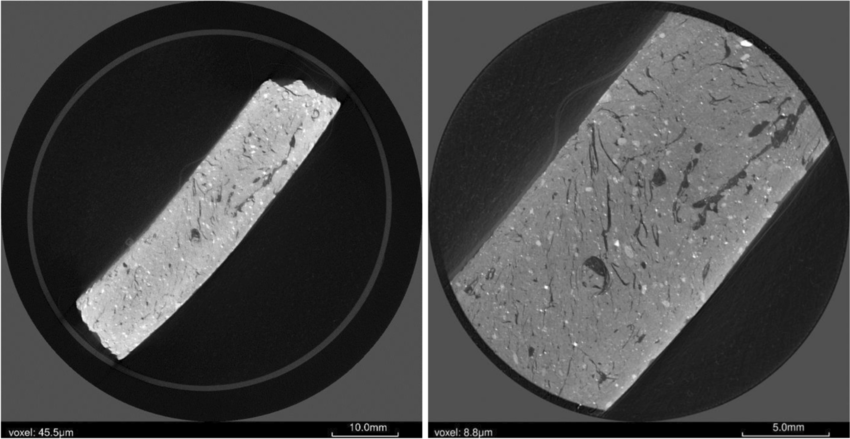
Patrimony of Gestures (2018-2022) was a series of exercises in writing, ceramics, performance-reading and listening that consider the memory of ‘reproductive work’ beyond its definition as domestic labour, foregrounding myriad forms of communication and political practice, including poetry and art. The project was developed in the context of the Hangar.org Artistic Research Residency at Casa Velaquez in 2018, departing from a collaboration with an archeobotanist based at Casa Velazquez.

The research derived in the ceramic work Networks of Care=Critique. The (ongoing) ceramics project began with this archeobotanic idea of 'patrimony of gestures': an inscription of bodily reproductive practices on the surface of ceramics. I sat with a friend to discuss the forms of care –intellectual, emotional or physical– and critique –pedagogy, party or protest– that have been important over our lifespans. We then arranged the information on a genealogical-style diagram divided into decades or years and I made a ceramic plate of the diagram, which belonged to the person. I inscribed the clay using a needle and seeds from the Red de Semillas, a network of community seed banks active in Spain. The work reinscribes the live link between trans*feminist art, queer parenting and agroecological 'reproductive' practices, as myriad forms of resistance to state and neoliberal 'reproductive control'.
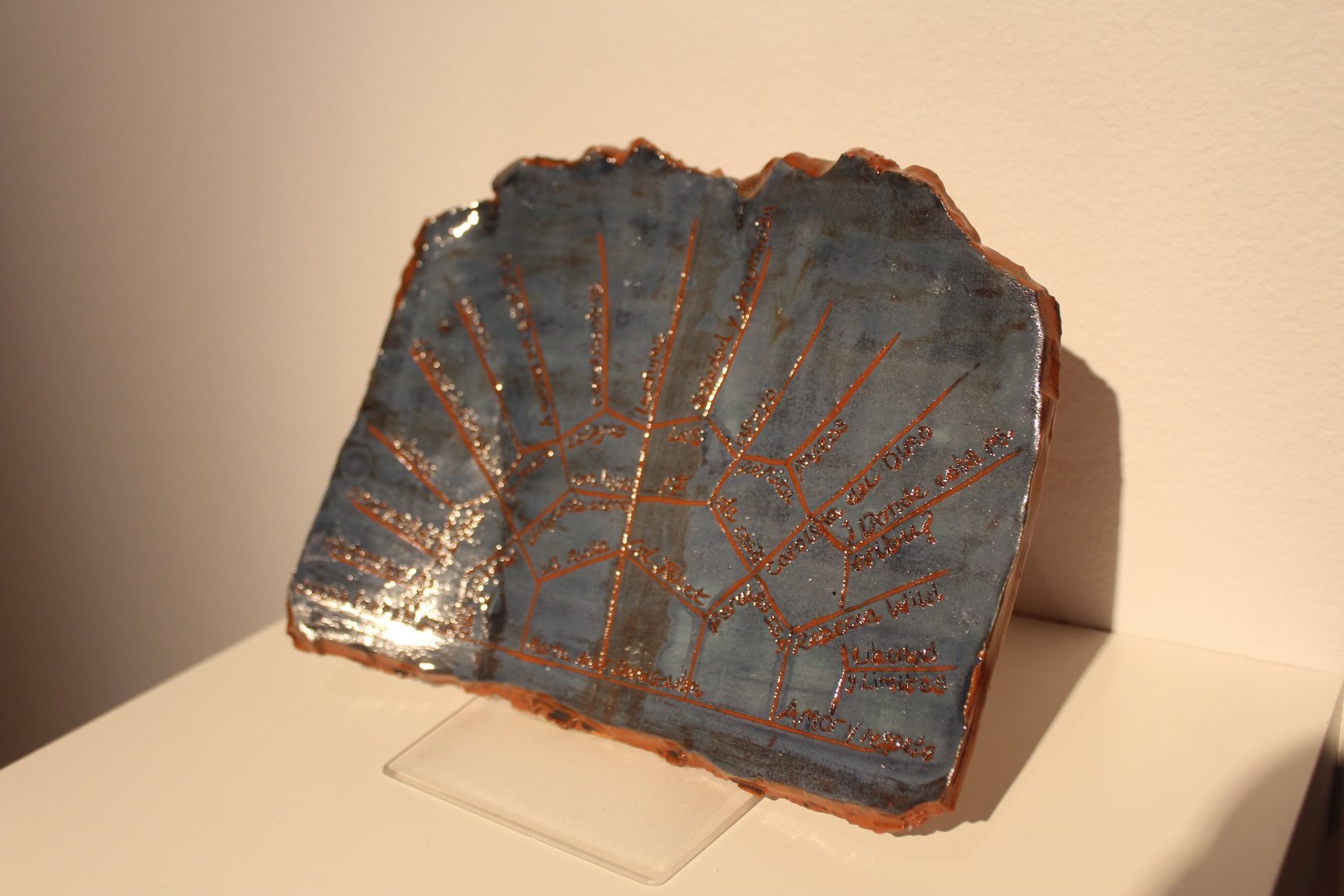
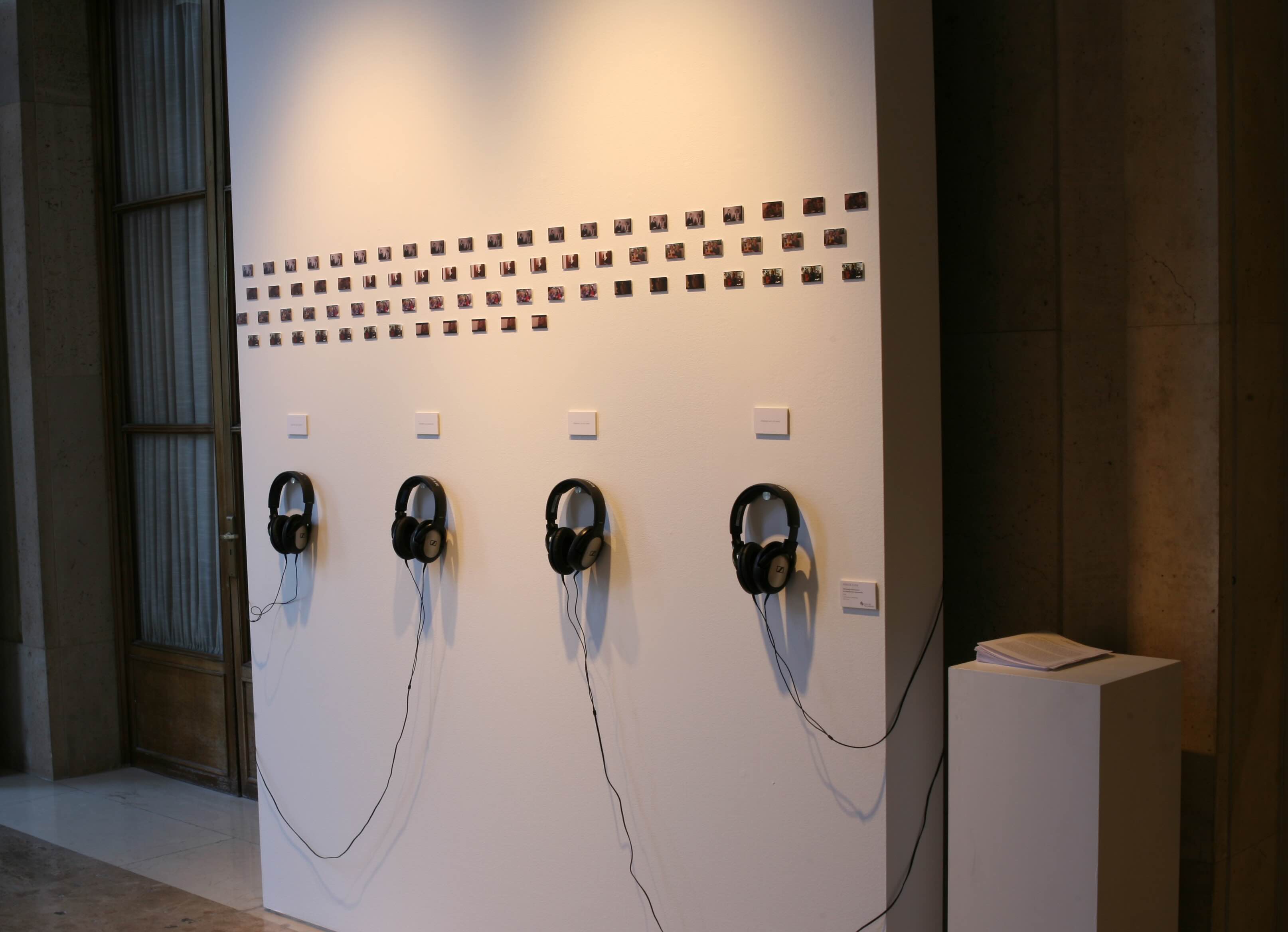
The Logic of Assistance was an audio installation that considered the audience-listener as technology of assisted reproduction. A voice recounts details relating to the institutional, legislative and commercial forces that gave rise to the commercial fertility clinic of today. However, neither the words ‘fertility’ nor ‘biological reproduction’ are mentioned, focusing rather on the quality, rhythm, volume and tone of the voice as it shifts to address four different audiences: the public, a class of students, a parent and a lover.
The biosciences are unique in the history of capitalist markets because firms are overwhelmingly engaged in promissory hype: marketing activities designed to fashion future investors, buyers and customers for their drugs and services. As Kaushik Sunder Rajan (2006) suggests, in the age of personalised medicine, biocapital's ‘patient-in-waiting’ dominates.
Below the audio were scaled down screen grabs from television and films in which LGBTQIA++ characters engage with ARTs and fertility clinics. These audiovisual narratives of 'queer reproduction' tended to unfold predominantly through the gesture of waiting: characters repeatedly pictured waiting in clinic waiting rooms, waiting in kitchens, waiting at parties, waiting in living rooms etc, much like Faith Wilding’s 1974 poem and performance Waiting, in which the speaker’s life is re-cast as a litany of waiting scenes.
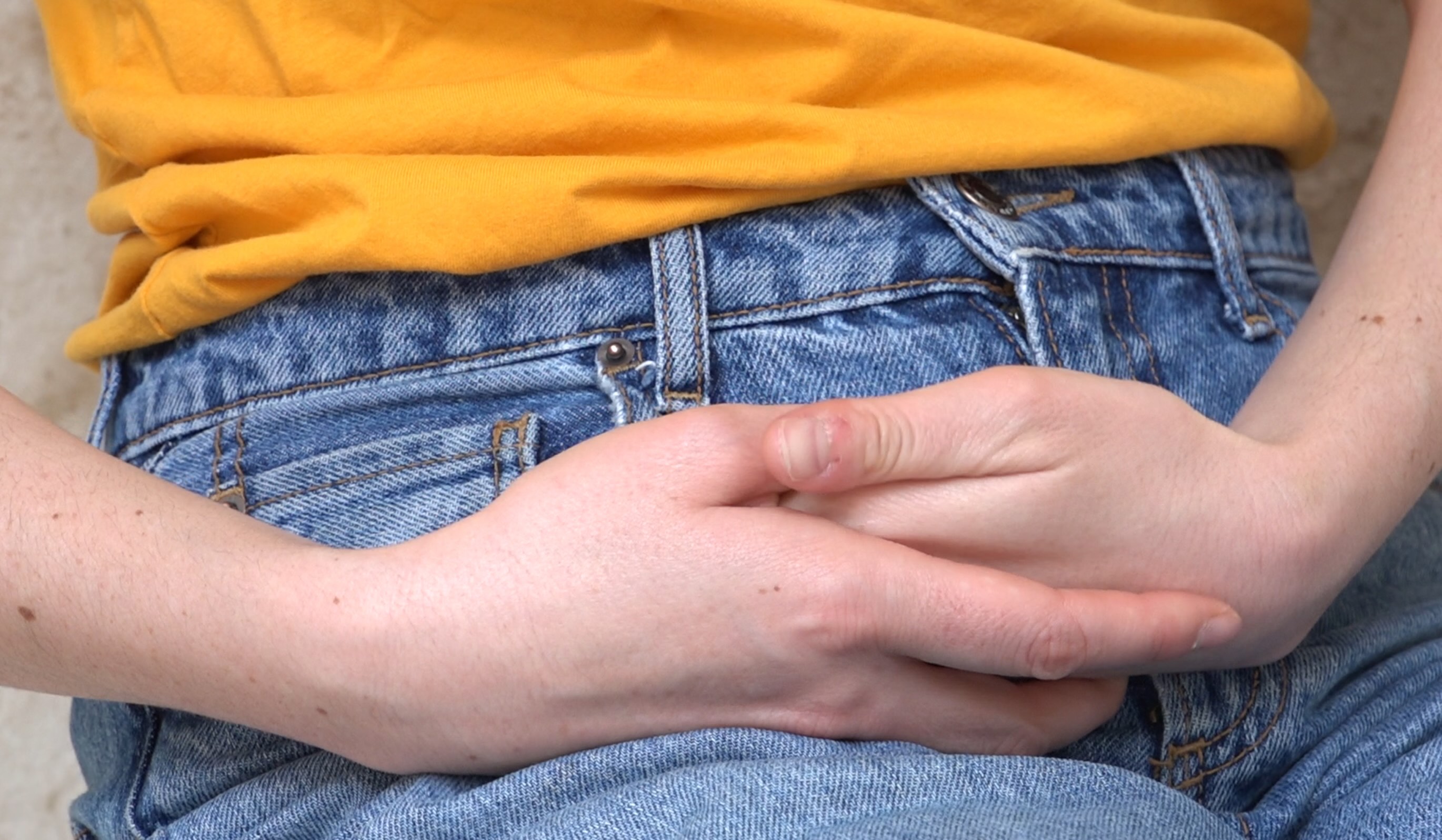
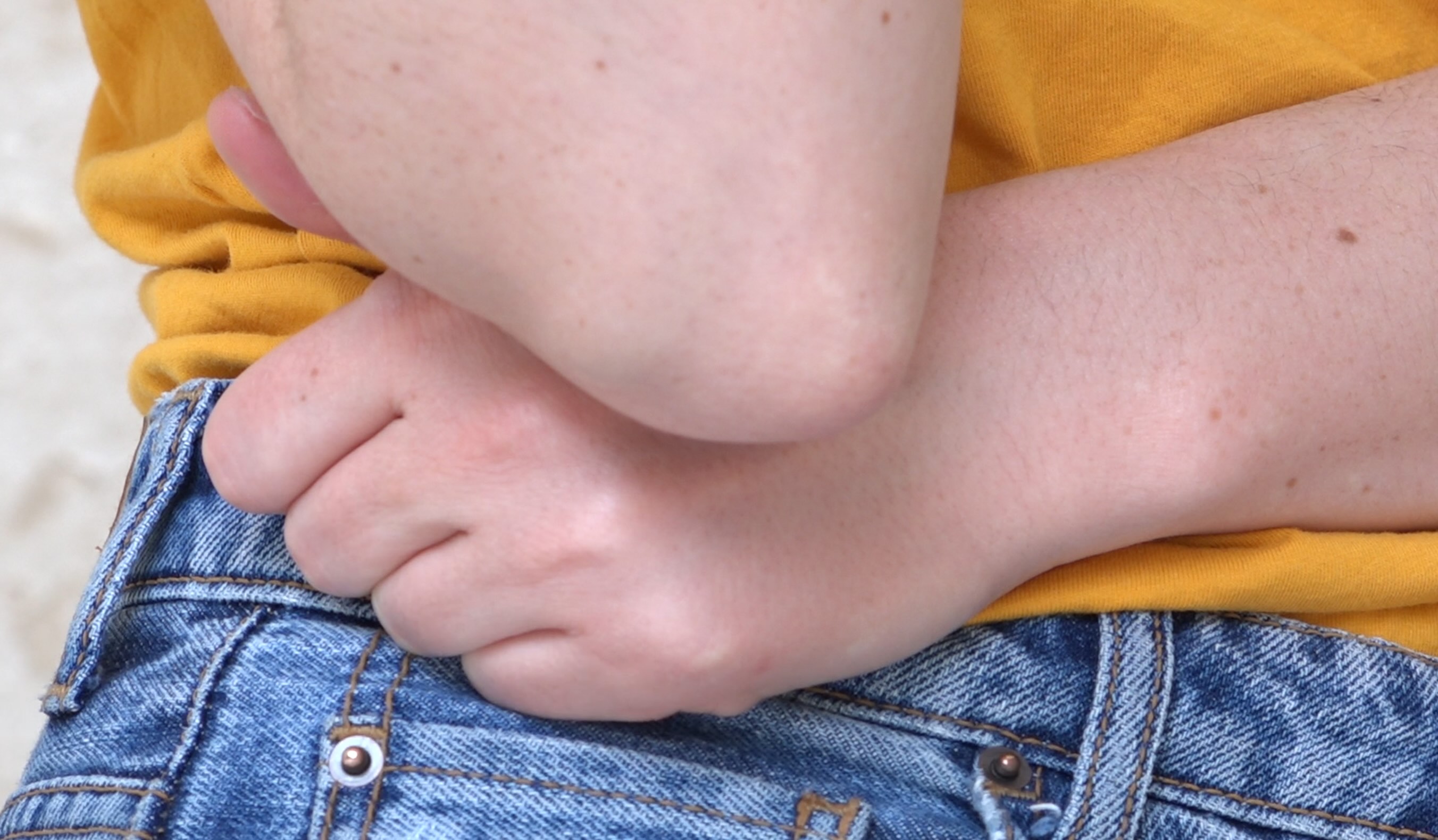
The residency generated many images and videos copying these waiting gestures, a way to consider the question: is waiting, which Wilding analysed in 1974 as a form of feminised labour, now, under biocapital, queer work too?
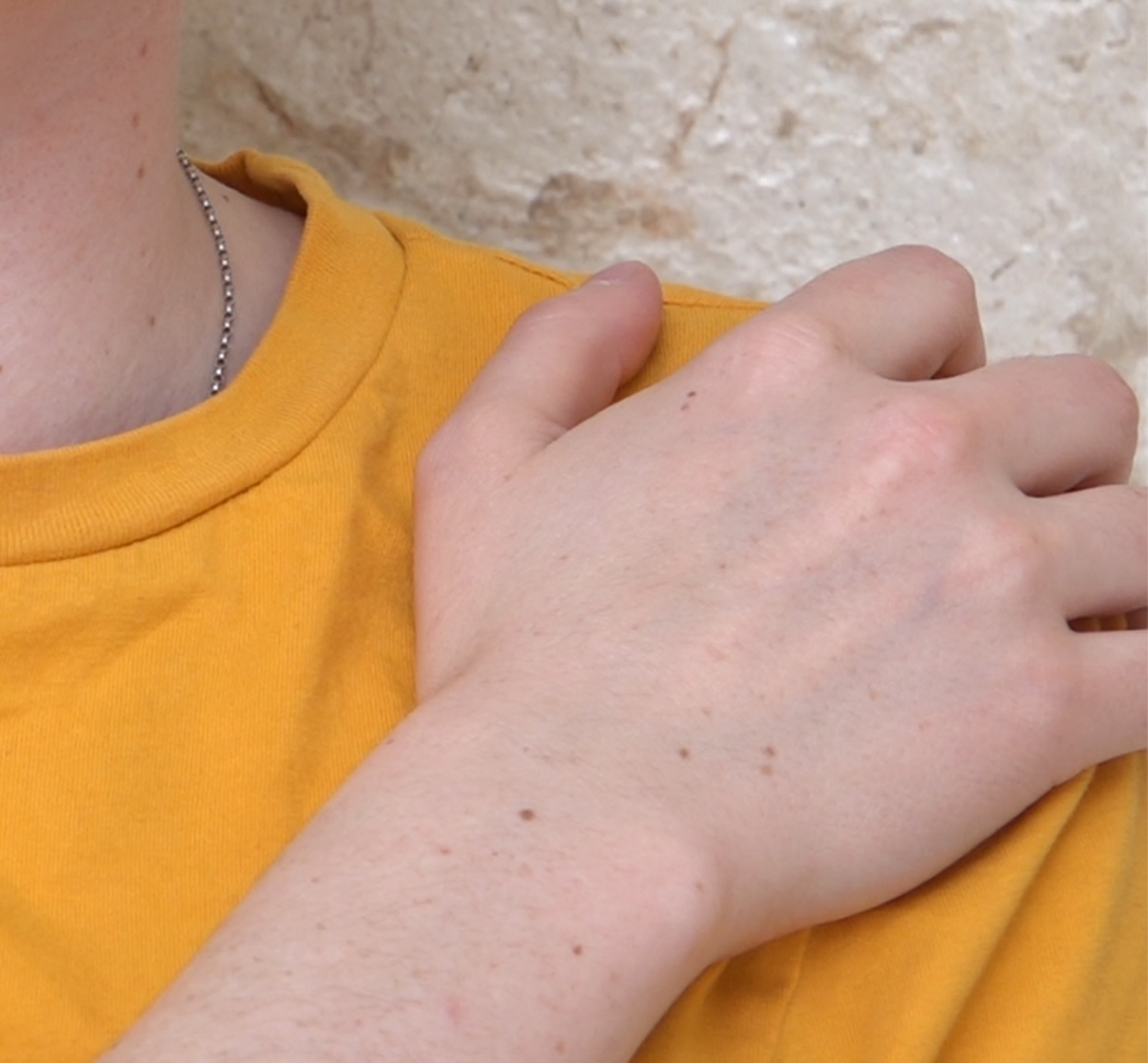
The installation consisting of the audio and ceramic piece invested the gesture of waiting with a spectral double meaning. On one hand, the waiting queer points to the fabrication of the patient-in-waiting under biocapital. On the other, excerpting these images in the French cultural institution based in Spain protested the pending status of LGBTQIA+ access to ARTs in France (while in Spain LGBTQIA+ access to ARTs is funded on the public health system, in France at the time of the exhibition in 2019, it was banned).
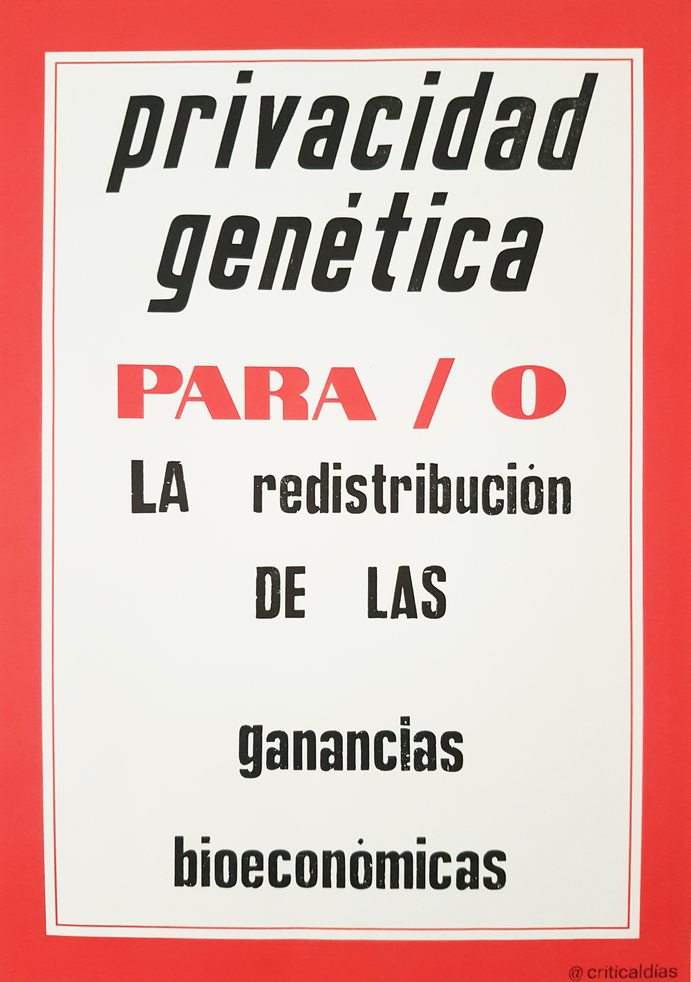
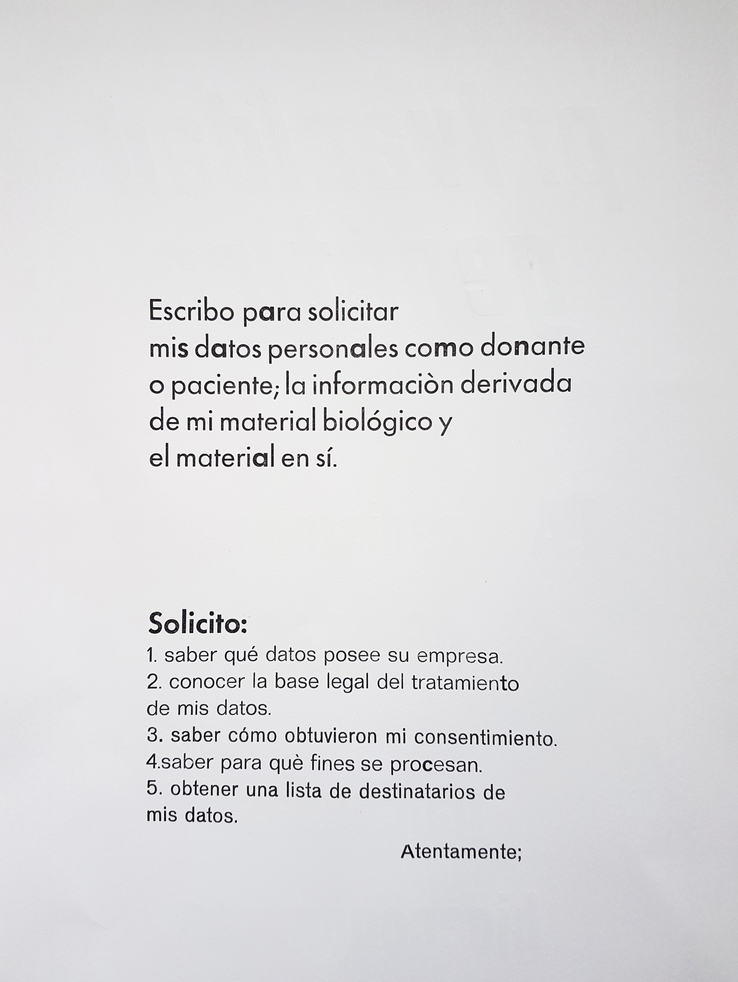
Genetic Privacy For/Or is a letter that donors and patients in Europe can use to file 'data'-access requests to ART and stem cell research industry clinics and biobanks. The letter was developed in correspondence with personaldata.io – a Switzerland-based non-profit that offers free legal advice on filing data access requests to social media related companies like Tinder, Twitter, Facebook, according to the guidelines introduced by the 2018 GDPR legislation.
The letter sets out an argument for protecting biological matter under the same privacy rights laws that currently protects personal data – not because privacy is an adequate model politically, but because it offers the only legal precedent at the moment for requesting key information necessary to pinpoint the exact moments where access to individual data (whether personal or biological) is traded for money. This information would be needed to calculate the redistribution of both big data and bioeconomy profits – one means of empowerment in the age of bioeconomic and data capitalism. The project, printed using type-set in collaboration with Barcelona based printing collective L'Automatica.
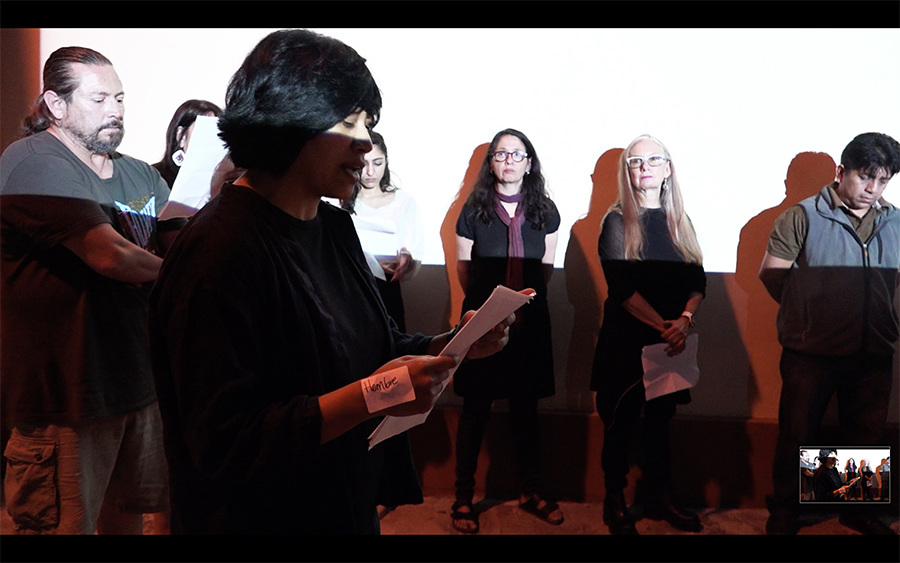
Further gestures that address the creative or performative aspects of 'reproduction' took place over 2018-2019 and were documented by a series of poster-publications, each one using a different printing technique (typography, digital, offset and screen printing), produced in collaboration with collectives L'Automatica and Madam_tornado in Barcelona. The posters were read in performance-readings at El Camito Galeria, Merida, Mexico, in January 2019 (with Bently Sprang, Mary Ellen Strom, Laine Rettmer, Ilse Morfim, Felipe Castillo, Analie Gomez, Dalida Maria Benfield, Syowia Kyambe and Jodi Rave Spotted Bear) and at Hangar Center for Art and Technology, Barcelona, in December, 2019 (with guests Tamara Al-Mashouk and Alba Juventy).
